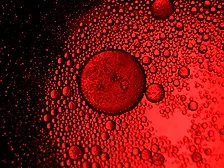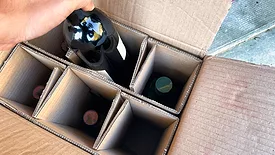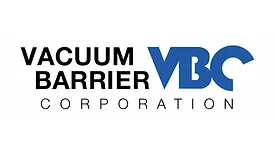Articles by Jessica Jacobsen
Mexican beers lift segment, but tariffs’ impact looms
Read More
2025 Beer Report: Hard cider leans into flavor to lift category
Distribution, competition challenge hard cider growth
February 27, 2025
Consumers increasingly shopping online, in-store
Digital enhancements vital for growth for retailers, manufacturers, research shows
February 11, 2025
CPG brands, retailers adapting to Generation Z, Alpha needs
Technology entices Gen Z, while Gen Alpha sees direct spending impact grow
February 7, 2025
Suppliers support those in need of Red No. 3 alternative
FDA issues deadline of Jan. 15, 2027, for food manufacturers to reformulate products
February 5, 2025
Changes in consumption habits prompt shifts in wine category
Generation Z, non-alcohol growth impact on wine market increases
January 27, 2025
Worker retention needs highlight importance of career growth
Communication, positive work environment vital for warehouse, distribution employee retention
January 23, 2025
Beverage alcohol sectors highlight potential unintended consequences from tariffs
WSWA shares data on impact import levies could have on wine and spirits
January 21, 2025
FedUp Foods nourishes body, spirit and community
Fermented beverage manufacturer supports employees, region following Hurricane Helene
January 9, 2025
Still beverage demand prompts interest in liquid nitrogen dosing
Vacuum Barrier Corp. sees opportunities with aseptic dosing
January 8, 2025
Elevate your expertise in the beverage marketplace with unparalleled insights and connections.
Join thousands of beverage professionals today. Shouldn’t you know what they know?
JOIN NOW!Copyright ©2025. All Rights Reserved BNP Media.
Design, CMS, Hosting & Web Development :: ePublishing





-1170x658.webp?height=168&t=1740501986&width=275)



